Remembered by his colleagues as a fine-featured, sensitive, tall, calm and courteous man with a good reading voice, Stable had a great influence on the intellectual and cultural life of Queensland in the first half of the twentieth century.
He was an initiator and innovator, and as his friend and colleague Professor F.W.Robinson recalled, the significance of his achievements “lies in the fact that it deals with first things, most of which might without blame have been left untouched. They were not left untouched, they were begun [by Stable], and they have remained”. (From a personal appreciation of Professor J.J.Stable in Queensland University Gazette, June 1953)
Born in Gawler, South Australia in1883, Stable spent the first few years of his life in Adelaide. After the untimely death of his father, at the age of four he and his mother left Australia to reside in Geneva, Switzerland. His education at the Geneva College and the University of Bonn prepared him well for his next stage of education at Emmanuel College, Cambridge where he graduated with a Bachelor of Arts (Honours) followed by a Master of Arts degree from Oxford. After his studies he made a seamless move into academia taking a position in 1905 as Lecturer in English Language and Literature at the Commercial University in Cologne, Germany.
When a teaching position was advertised at the University of Queensland it was not all that surprising that he would apply. After all, he was Australian by birth but there was another factor that had a bearing on his desire to return to the country of his birth – he had married an Australian girl, Irene Bingham Sheridan whose family had strong Queensland ties. Her grandfather was Richard Bingham Sheridan, an early settler of Maryborough who became Postmaster-General of Queensland and one of the founders of the Queensland Club. He was also a descendant of the Irish playwright Richard Brinsley Sheridan.
In 1912 Stable was appointed Lecturer in Modern Languages at the newly established University of Queensland where he quickly set up the University’s first language courses in English, French and German. In his first year this energetic young man moved just as swiftly to co-found with a colleague the University Dramatic Society (later shortened to ‘Dramsoc’). He was inaugural President of the Society and directed and most probably acted in a number of productions. In another Queensland ‘first’ he organised a University Dramatic Society tour of northern coastal towns in 1930, using railway carriages for the performers’ accommodation.
With the outbreak of World War One, Stable’s services were required by the Federal Government Defence Department and he was appointed Queensland’s Chief Censor with the rank of Captain. A sometimes controversial role, the University Gazette paid this tribute to his war work:
The [Chief Censor] duties were onerous, at times difficult, and frequently public passion ran high. Captain Stable, however, performed faithfully his difficult duties with typical tact and unfailing courtesy and, when a more normal atmosphere returned, it was seen that his reputation was enhanced.[i]
Of more direct relevance to his Brisbane Repertory involvement was his nurturing of Australian literature, a passion which probably began at the inaugural meeting of the Queensland Authors’ and Artists’ Association in 1922 where he was very impressed with a member’s “impassioned appeal for an Australian literature free from the shackles of the older countries”.[ii] Stable was promptly elected its first President and remained in that role for the next ten years. In 1923 he co-facilitated the incorporation of Australian literature into Queensland University studies, the first university in Australia to do so. His enthusiasm for Australian literature provoked an interest in compiling the first anthology of Queensland verse which he published in 1924 under the title A Book of Queensland Verse.
In 1925, his academic background in literature and his love of theatre made him an ideal co-founder with Barbara Sisley of the Brisbane Repertory Theatre Society. Its first President, he held the position until his resignation in 1945. Other important community roles included President of the English and Modern Languages Association of Queensland for twenty-five years; Vice-President of the Brisbane Shakespeare Society; writer of the Queensland Art of Speech syllabus; foundation member of the Historical Society of Queensland; one of the first Trustees of the Queensland National Art Gallery and President of the Trustees of the Queensland Museum.
Professor Stable’s academic achievements included his appointment in 1922 as the McCaughey Professor of English and Modern Languages and in 1932 the Darnell Professor of English. He was Dean of the Faculty of Arts between 1932 and 1939 and President of the Board of Faculties, a position equivalent to a modern Vice-Chancellor. He was appointed President of the Professorial Board and a member of the University Senate from 1944 to 1952. Professor Stable retired from the University of Queensland with the title of Emeritus Professor on 31st December, 1952 and died at the age of seventy on December 24, 1953, having enjoyed not even one full year of retirement.
It’s not hard to imagine that the double blow of Stable’s retirement as Council President and the death of its long-standing Senior Producer within a few months of each other in 1945 might have had a destabilising effect on Brisbane Repertory. Indeed, the loss was profound; but Stable and Sisley’s combined influence had created a robust organisation that had already survived the Great Depression and World War Two, not to mention a savage media campaign designed to derail the premiere production of Queensland playwright George Landen Dann’s In Beauty It Is Finished. Their legacy was a repertory theatre society that was highly regarded as a significant cultural entity in Queensland.
Writer: Christine Comans
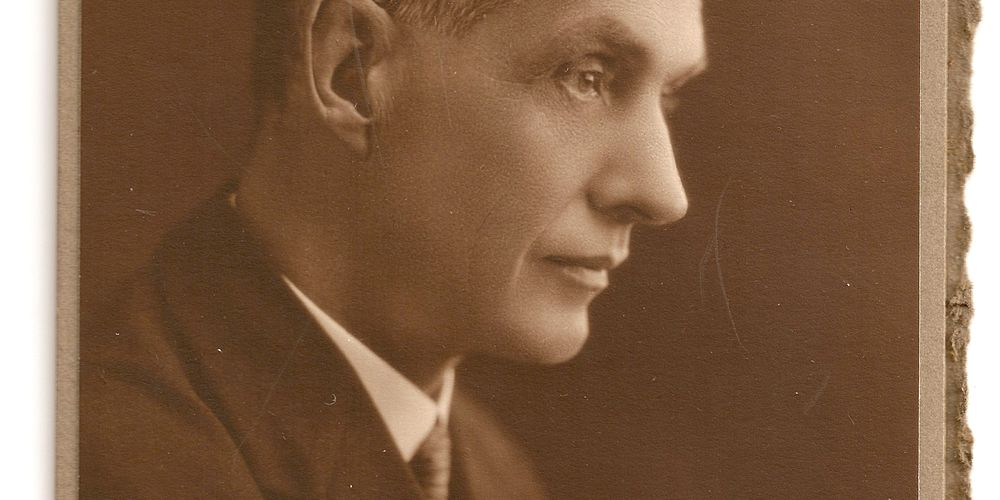
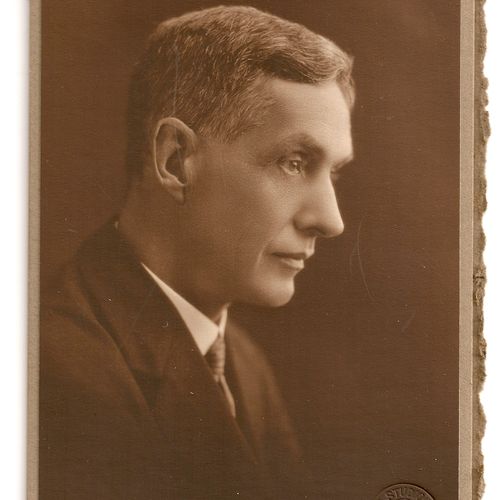
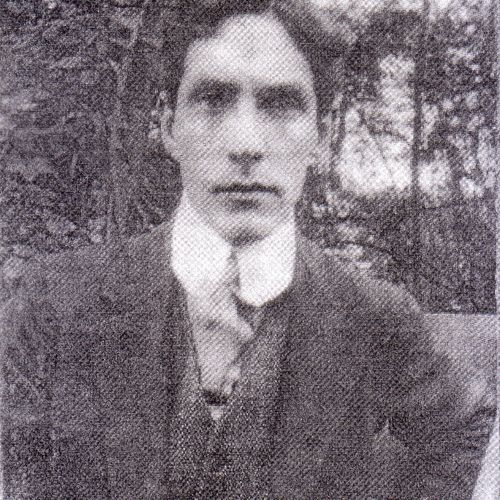
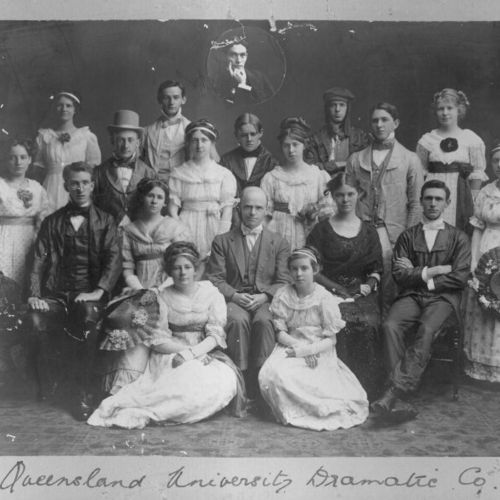
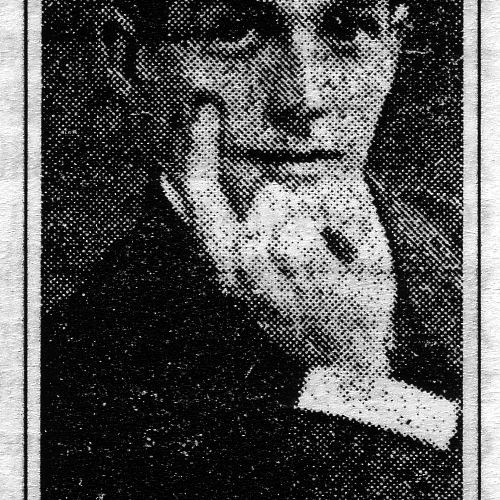
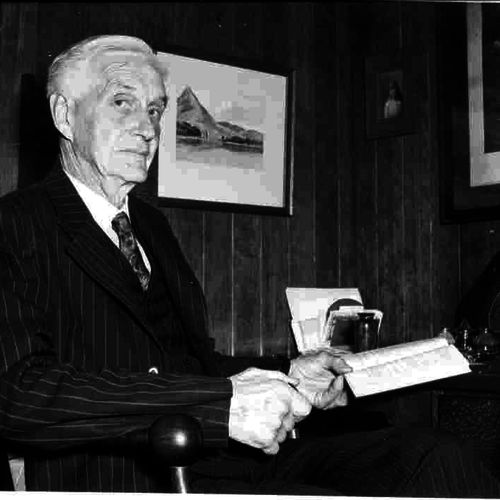
Tell us your story